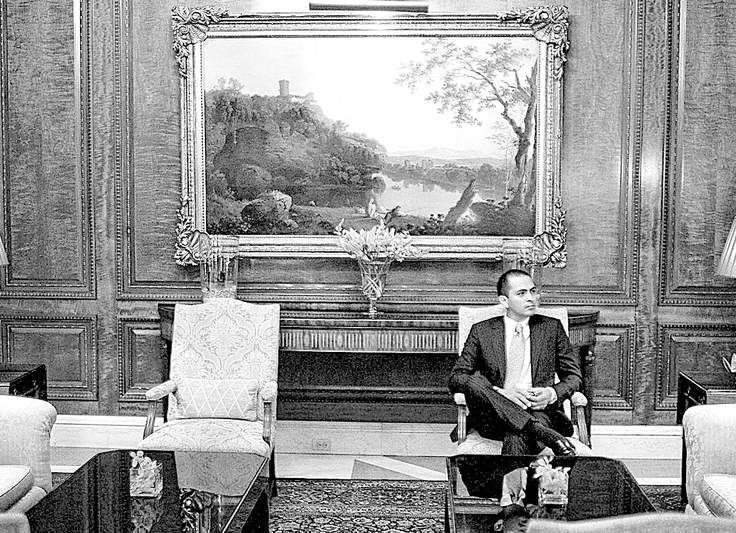Downturn darkens luxury hotel outlook
Published 4:00 am Sunday, November 2, 2008

- Ritz-Carlton is among the luxury hotel chains feeling the pinch as companies have been cutting back travel expenses.
Even as midprice hotels began losing business this past summer, luxury hotels continued to fill their rooms. Companies treated the hotels as perks for top executives and quality locations for high-level business meetings. And many leisure travelers considered a stay at a top hotel — even for a couple of days — to be worth the cost.
Times have changed.
Since mid-September, almost in parallel with the stock market turmoil, demand for fancy hotel rooms has plummeted. Patrick Ford, the president of Lodging Econometrics, said that luxury hotel room revenue rates “slowed in mid-September and really ratcheted downward during October.”
Revenue per available room, the standard measure of performance, dropped 14 percent at upscale and luxury hotels in the week ending Oct. 18 over the comparable week last year, according to Smith Travel Research. For hotels in general, the decline was about 8 percent.
Even in the best of economic times, most luxury hotels were not sustained by business from rich leisure travelers. Instead, those hotels depended on corporate travel, including meetings and conferences.
But with the economic downturn, companies have been cutting back on travel expenses. The hotels have also experienced a drop-off in business from affluent international leisure and business travelers, as economies around the globe slow and the value of the dollar rises.
At the same time, travelers have become more defensive about conspicuous consumption.
Public indignation over big paydays and the lavish expenses of top executives has also hurt the luxury hotel business. Companies are now concerned about perceptions — worried about how it looks to others when employees stay in hotels whose very names evoke images of opulence. In part because of those concerns, there has been a sudden rash of cancellations of corporate meetings.
In this unsettled climate, some financial services and other companies have quietly advised employees against using luxury hotels. “Don’t stay in Four Seasons, Ritz-Carltons, Mandarin Orientals,” said Bjorn Hanson, an associate professor at the Tisch Center for Hospitality, Tourism and Sports Management at New York University.
“It’s a budgetary issue,” Hanson said, “but a more fundamental issue is, how does it look if you’re laying off 10 percent of your work force and you have people staying at $500-a-night or $1,000-a-night hotels?”
In interviews and in public remarks, several luxury hotel managers conceded that business was temporarily shaky and cancellation rates soaring.
But they were loath to discuss the downturn on the record.
Largely because of what Hanson called the “widespread creation of wealth,” the number of domestic hotel rooms in the luxury segment almost doubled, to more than 80,000, in the last 10 years, according to Smith Travel Research. At the same time, luxury hotel companies were also planting their flags in every major city in the world.
Managers at luxury hotels point out that their corporate clients typically are lured less by lavish surroundings than by the impeccable customer service that distinguishes a top-tier hotel. Ritz-Carlton, for example, often cites its “empowered” work force, in which even desk clerks are authorized to unilaterally make decisions involving as much as $2,000 to address a customer problem.
The decline in demand has put pressure on the relationship between the companies that manage the luxury hotels and the developers and hotel real estate investment companies that own the properties and, therefore, bear most of the debt and operating costs. The brands include Ritz-Carlton, Four Seasons, Le Meridien, Mandarin Oriental, Fairmont and others.






